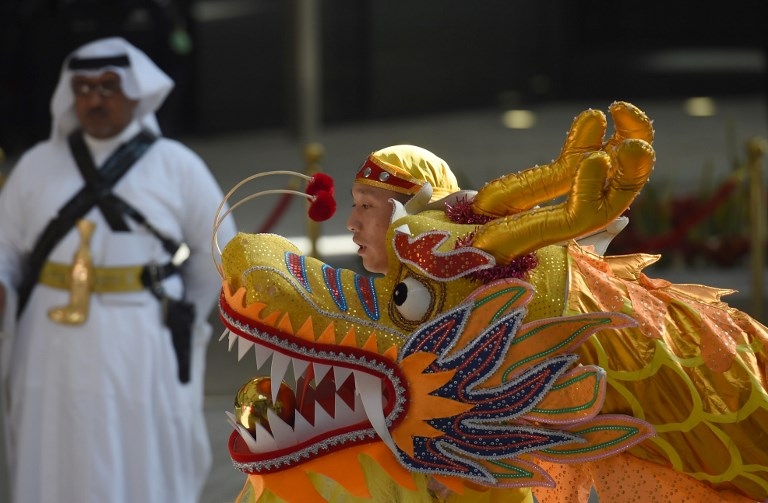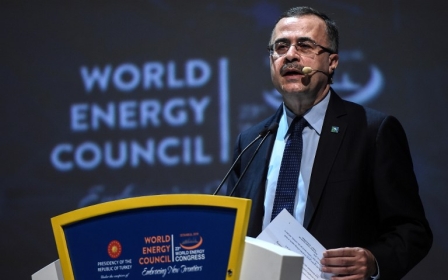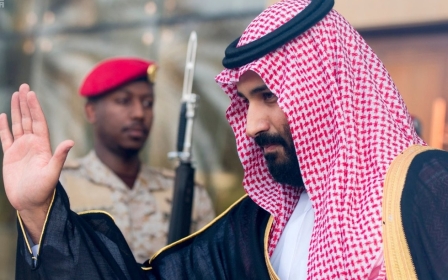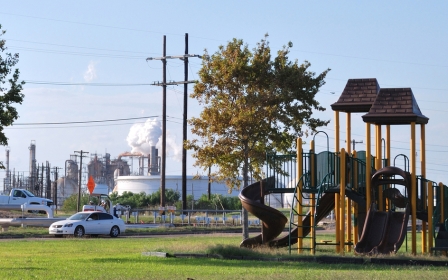Saudi Aramco denies report it is considering shelving international IPO

Saudi Aramco on Saturday dismissed reports that it was considering shelving plans for an international listing, with the state-owned oil giant saying it was on track for next year.
London's Financial Times reported on Friday that the company was in favour of a private stake sale to foreign governments, including China, and other investors amid concerns over the feasibility of an international listing.
Aramco dismissed the report as "entirely speculative".
"All listing venues under review for optimal decision, IPO process is on track for 2018," the company said on Twitter.
The initial public offering, expected to be the world's largest stock sale, forms the cornerstone of the oil-rich kingdom's reform programme to wean the economy off its reliance on oil prices.
Saudi Arabia had laid out plans for Aramco's dual listing on the Saudi stock market and an international exchange for 2018, with markets in New York and London vying for the offering.
But the company has struggled to select an international venue for its listing.
FT's article was followed by a similar report by the Wall Street Journal.
"A range of options, for the public listing of Saudi Aramco, continues to be held under active review," an Aramco spokesman questioned on the reports told AFP earlier Saturday.
"No decision has been made and the IPO process remains on track," he said.
CNBC also reported that Saudi Aramco denied that it was shelving the IPO. A CNBC source said the company is now considering whether it should first list on the Saudi market and then take its share listing to an international exchange at a later date.
Until 2014, oil income made up more than 90 percent of public revenues in Saudi Arabia.
But as it reels from a protracted oil slump, the kingdom is seeking to diversify its economy and privatise some state assets alongside plans to introduce a value-added tax.
Oil prices have partly recovered after major producers inside and outside OPEC, including Saudi Arabia, agreed last year to cut output by 1.8 million barrels per day.
New MEE newsletter: Jerusalem Dispatch
Sign up to get the latest insights and analysis on Israel-Palestine, alongside Turkey Unpacked and other MEE newsletters
Middle East Eye delivers independent and unrivalled coverage and analysis of the Middle East, North Africa and beyond. To learn more about republishing this content and the associated fees, please fill out this form. More about MEE can be found here.




